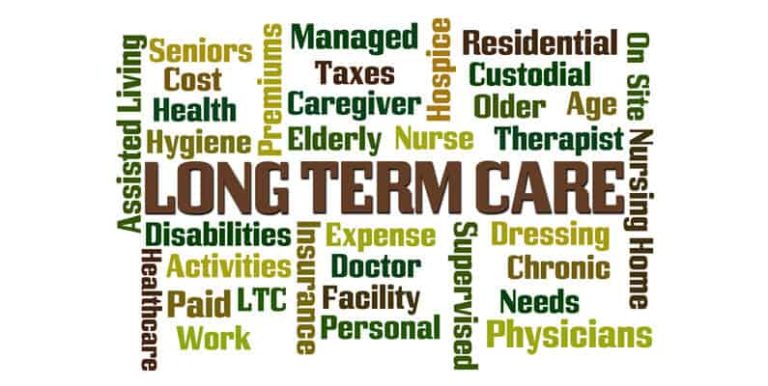Making health care decisions for aging relatives can be challenging. Did you know you can qualify to receive monetary compensation while providing home care for an elderly or disabled family member in California? As a paid caregiver, you can provide vital support to a loved one in need, in the comfort of their own home.
Managing the Future
Having autonomy over long-term life decisions is important to all of us. The emotional connections we share with our families make us ideal caregivers for the ones we love. What if you could be paid as a caregiver for a family member in need? Monetary compensation for long-term, non-medical home care is available through California Medicare and Medicaid programs. Medi-Cal Benefits can help you understand these programs, apply for benefits, and take steps to become a paid family caregiver.
What is Home Care?
Home care benefits programs are designed to keep older adults in their homes while receiving paid non-medical care from a qualified relative. Home care can include assistance with daily activities such as bathing, dressing, and general mobility. Housekeeping, laundry, meal preparation, grocery shopping, transportation to medical appointments – these are all forms of home care for which a qualified family caregiver can be paid.
Who Qualifies as a Caregiver?
Spouses, family members, and friends can qualify to become paid caregivers for a loved one in need. In California, Medicare and Medicaid offer a variety of resources to help older adults act on their own behalf when planning for future care. A trusted family caregiver is often preferable to any other option for in-home care. Medi-Cal Benefits can explain the process of applying to earn monetary compensation for at-home supervisory care of an aging relative.
Compensation for Long-Term Care
Elderly or disabled residents of California may qualify to receive in-home, non-medical care through the In-Home Support Services (IHSS) program. The IHSS program empowers beneficiaries to make decisions for their own long-term care. This brings peace of mind to both caregivers and their families alike. Learn more about qualifying for IHSS compensated home care by contacting Medi-Cal Benefits.
Family Care for Veterans
The Department of Veteran’s Affairs offers VA Aid and Attendance benefits, as well as Housebound allowances, to provide additional financial support to veterans already receiving a monthly pension. Qualifying veterans can receive increased monthly pensions, allowing them to pay for in-home care provided by a family member. And, the primary family caregiver for an aging veteran may also be eligible to receive healthcare benefits on top of an hourly wage. For more information, let Medi-Cal Benefits connect you with a VA representative.
Learn About Becoming a Caregiver
Medi-Cal Benefits is here to answer your questions about qualifying to become an at-home caregiver. Is there an aging or disabled relative in your life who needs daily care and supervision? You may be eligible to receive compensation for these services. Contact Medi-Cal Benefits for more information on becoming a paid family caregiver.
View More from the 11 Ways to Pay for Long-Term Care Series:
11 Ways to Pay for Long-Term Care: #11 Medicaid Planning
11 Ways to Pay for Long-Term Care: #10 Charitable Remainder & Medicaid Disability Trust
11 Ways to Pay for Long-Term Care: #9 Viatical or Life Settlement
11 Ways to Pay for Long-Term Care: #8 Leveraging the Cash Value of Life Insurance
11 Ways to Pay for Long-Term Care: #7 Family Friends & Service Clubs
11 Ways to Pay for Long-Term Care: #6 Children of the Parents
11 Ways to Pay for Long-Term Care: #5 Tax Deductions
11 Ways to Pay for Long-Term Care: #4 Jumbo Reverse Mortgage
11 Ways to Pay for Long-Term Care: #3 HELOC
11 Ways to Pay for Long-Term Care: #2 Reverse Mortgage
11 Ways to Pay for Long-Term Care: #1 Long-Term Care Insurance




